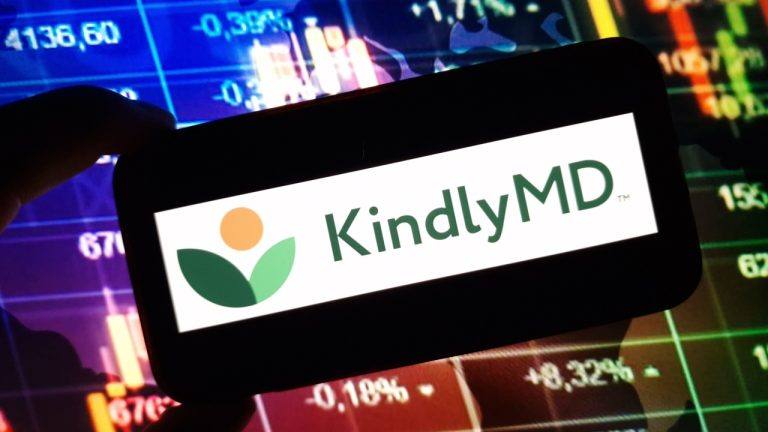South Korean regulator outlines steps to enhance digital asset legislation

The Virtual Asset Users Protection Act was passed in June without a sufficient regulatory framework, the head of South Korea’s Financial Supervisory Service said.
South Korea’s Financial Supervisory Service (FSS) is preparing regulations to supplement the Virtual Asset Users Protection Act passed earlier this year, according to local reports. New regulations should be ready by January, well ahead of the law entering into force, the FSS head said.
The South Korean National Assembly Political Affairs Committee conducted an audit of the FSS on Oct. 17, at which FSS head Lee Bok-hyeon responded to criticism that South Koreans were losing money on crypto “burger coins,” Korean slang for foreign-issued cryptocurrencies that are traded in South Korea.
Lee Bok-hyun, the governor of South Korea’s Financial Supervisory Service, made an unannounced two-day visit to China last week, marking the first visit there by an FSS head in six years.https://t.co/tK360ZYnOD
— The Korea Herald 코리아헤럴드 (@TheKoreaHerald) September 7, 2023
The FSS will establish standards for listing procedures, internal controls, and issuance and distribution of virtual assets, as well as a “virtual asset market supervision and inspection system,” according to the South Korean press coverage of the audit. Lee said the coming regulations were being discussed with the Digital Asset eXchange Association (DAXA), which is made up of local crypto exchanges Upbit, Bithumb, Coinone, Korbit and Gopax.
Related: South Korea focuses on OTC crypto regulations as unlawful deals reach $4B
Lee said the legislation passed in June was lacking in regulatory detail. The law established criminal liability for violations, but, according to Lee, it did not give his agency sufficient authority. “If there is truly an act that amounts to manipulation of distribution volume through staking or unfair disclosure, we will consult with DAXA,“ Lee said. He continued:
“There are related systems in place in the securities sector for various screenings related to the issuance market, but there are no related systems in place at DAXA or individual exchanges.”
South Korean law enforcement has announced plans to establish a joint virtual-asset crime investigation unit called the Joint Investigation Centre for Crypto Crimes. It will have a staff of 30 taken from other government agencies, including the FSS, National Tax Service, Korea Customs Service and others.



